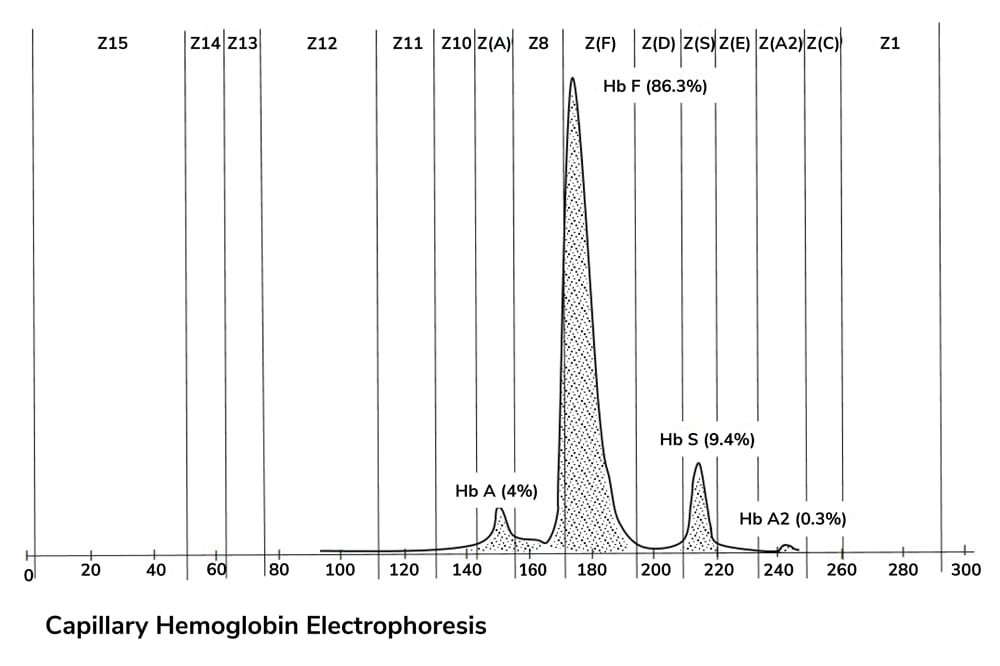Checking past and present exposure to over 200 viruses in a single blood test
A drop of blood could soon tell you everything you need to know about a patient’s infection history. Researchers from the Howard Hughes Medical Institute, MD, USA, have developed a method to identify current or past exposure to 206 known human viruses (more than 1,000 known strains), for roughly US$25 per sample. Current viral blood tests are usually limited to testing for one virus at a time, but the test, known as VirScan, is able to check for exposure to multiple viruses at once. By synthesizing over 90,000 DNA fragments encoding segments of viral protein and introducing them to bacteriophage, then adding these to the blood sample to be tested, the team can analyze which viruses have previously been encountered by the immune system, either by exposure or vaccination.

The test has many potential applications, such as providing insight into virus-disease associations and connections between different populations and different diseases, and it could also shed light on why cancer immunotherapies work for some patients and not others. The technique could also be used to search for antibodies that attack the body’s own tissue in autoimmune diseases associated with cancer. “You can ask questions about all viruses rather than have to do things one at a time, so it allows you to discover connections between different populations or different diseases amongst groups of people. Now that we can look at all viruses, it’s a complete game-changer,” says lead author of the associated paper (1) Stephen Elledge. After using VirScan on 569 people across four continents, including the US, Thailand and Peru, the researchers nearly doubled the number of previously established viral epitopes. They found an average of 10 viral species per person, but over 80 in two individuals – although due to the limitations of the technique, the authors speculate this could be an underestimation, as virus exposure in the distant past may not be detected. Processing 100 samples currently takes two to three days, but the authors hope this will improve as the test is developed further. It’s clear that virome-wide association studies, using techniques like VirScan, could have many epidemiological applications. Its creators further predict that the test could easily be adapted to test for other human pathogens, such as bacteria, fungi and protozoa, and they intend to further refine the test and increase its sensitivity after promising initial results. “In this paper alone we identified more antibody/peptide interactions to viral proteins than had been identified in the previous history of all viral exploration,” says Elledge.
References
- GJ Xu, et al., “Viral immunology. Comprehensive serological profiling of human populations using a synthetic human virome”, Science, 348, aaa0698 (2015). PMID: 26045439.




